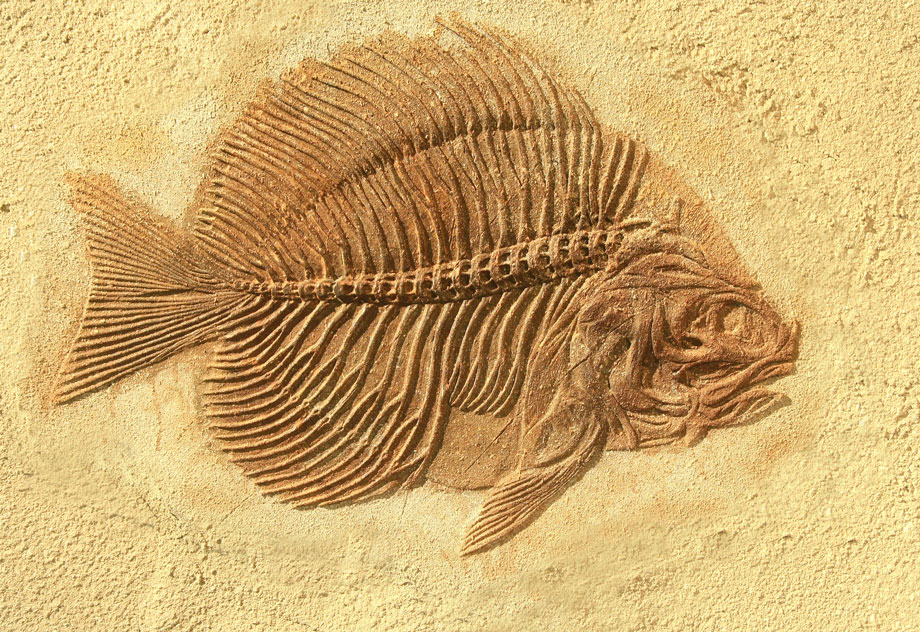Do you know that feeling when you read a book so good that its pages stay with you long after you put it down? A book that you can’t wait to tell all your friends about? A book that you think everyone should read? If so, I want to tell you about your possible next great read. If not, stick with us, and maybe this book can be your first. The book I’m about to discuss is a stunning and brilliant and completely un-sum-up-able tale of loss, love and the hidden order of life.
The book in question is titled Why Fish Don’t Exist, and was written by Lulu Miller, writer and scientific reporter for National Public Radio. It is simultaneously an exceptionally personal search for meaning, a sweeping history of taxonomy, and a brilliant recount of the life of Stanford University’s first president, David Starr Jordan. And through this book, there are myriad lessons we in the scientific community can learn — or rather “unlearn” — from fish.
David Starr Jordan has undoubtedly had a questionable life to say the least. On one hand, he was a brilliant ichthyologist who dedicated his life to the study and classification of fish, and was the founding president of Stanford University in 1885. On the other hand, history tells us that Jordan might have been responsible for the poisoning and killing of Jane Stanford (co-founder of Stanford University with her late husband Leland Stanford) after she threatened his tenure as president. He was also a big supporter of eugenic sterilization, claiming that people deemed “unfit” should have their reproductive organs clipped so that “each individual cretin should be the last of his generation,” and tried proselytizing the whole nation into adopting his beliefs. Nonetheless, Jordan, Miller and this book can impart several valuable lessons to us, and I’ve attempted to sum them up into three messages.
- Perseverance: Jordan devoted his life to the study and classification of fish at a time when fish were not very understood, and many were still unknown. He spent his years in pursuit of novel specimens to collect and label, and he even named one after himself. The fish he collected were carefully preserved in jars in his office and labeled with the name given to them. They were the prototypes, the original, the archive. Unfortunately, the San Francisco earthquake of 1906 hit hard, plummeting to the floor and shattering all the named and preserved specimen jars and with them Jordan’s entire life’s work. His reaction? Jordan methodically went around collecting these fish again, trying to salvage their names from memory and, when successful, stitched (yes stitched!) their names directly on to their skin using a sewing needle. He persevered. He tried again. He worked through this catastrophe.
- Openness: This is the lesson that lends its name to the title of the book. Fish don’t exist. Birds exist. Mammals exist. Amphibians exist. But fish, in particular, do not. Creatures swimming in the ocean have evolved certain similar characteristics (such as scales) by virtue of their common habitat that have wrongfully led us to classify them as belonging to one taxonomic group. But in reality, many of them are distinct from each other, and some are more closely related to land creatures than to other fellow snorkelers. For example, both lungfish and cows have an epiglottis, a flap of tissue at the base of the tongue that keeps food from going into the windpipe. Salmon fish do not, and this renders a lungfish more evolutionary related to a cow than to salmon. What this means though is that everything Jordan worked on and spent a lifetime studying does not exist, and the classification of all swimming animals under one common umbrella becomes erroneous. We as members of the scientific community should accept that the unshakable foundations upon which we build our work can sometimes prove to be quite shakable. Accepting that uncertainty is what makes progress possible. When Copernicus challenged people to think about the stars as unmoving celestials, he was condemned as a heretic. But where would we be had we not given up the stars?
- Meaning: This one comes from the author herself. How do we find meaning in a world that’s constantly changing and the epitome of uncertainty; when what we believe to be true one day might be challenged tomorrow, next year, or in a decade? Perspective. There is never just one way of ranking the organisms in nature, and to get stuck on a single scientific hierarchy is to miss the bigger picture. In every organism at which we gaze is a complexity we might never understand. A dandelion is medicine to an herbalist, pigment to a painter, a crown to a hippie, and a wish to a child. From the perspective of stars, we are specks on specks on specks. We might not seem that important. But from the perspective of our loved ones, the people we wake up to, the people we stay up late talking to, the people we laugh with and cry with and feel with, we matter. We do matter. We really do matter.
Related Content
- Summer Reading from the Hopkins History of Medicine Department
- The Case for Fiction: How Reading Fiction Can Help Researchers
- Quarantine Reading Recommendations
- Five Favorite Bookstores in Baltimore
Want to read more from the Johns Hopkins School of Medicine? Subscribe to the Biomedical Odyssey blog and receive new posts directly in your inbox.

Extremely well written, as always!
Comments are closed.